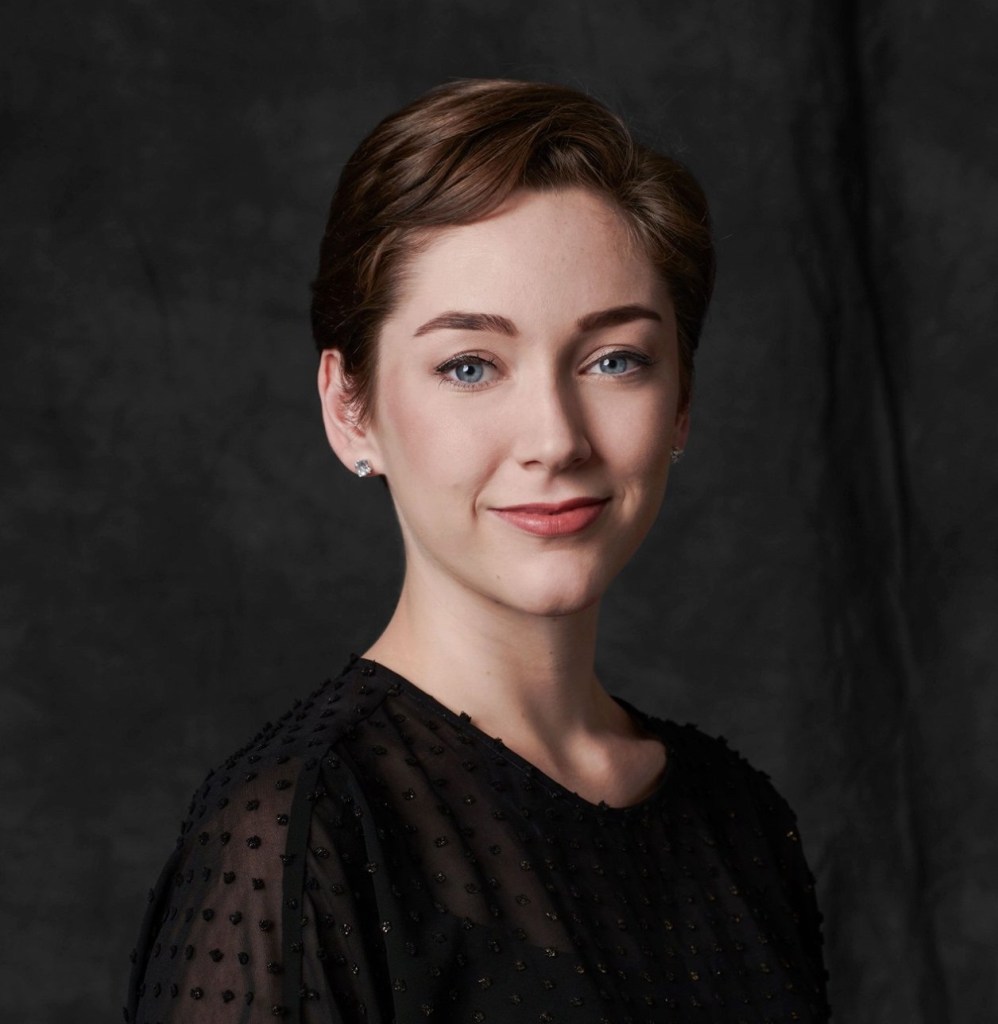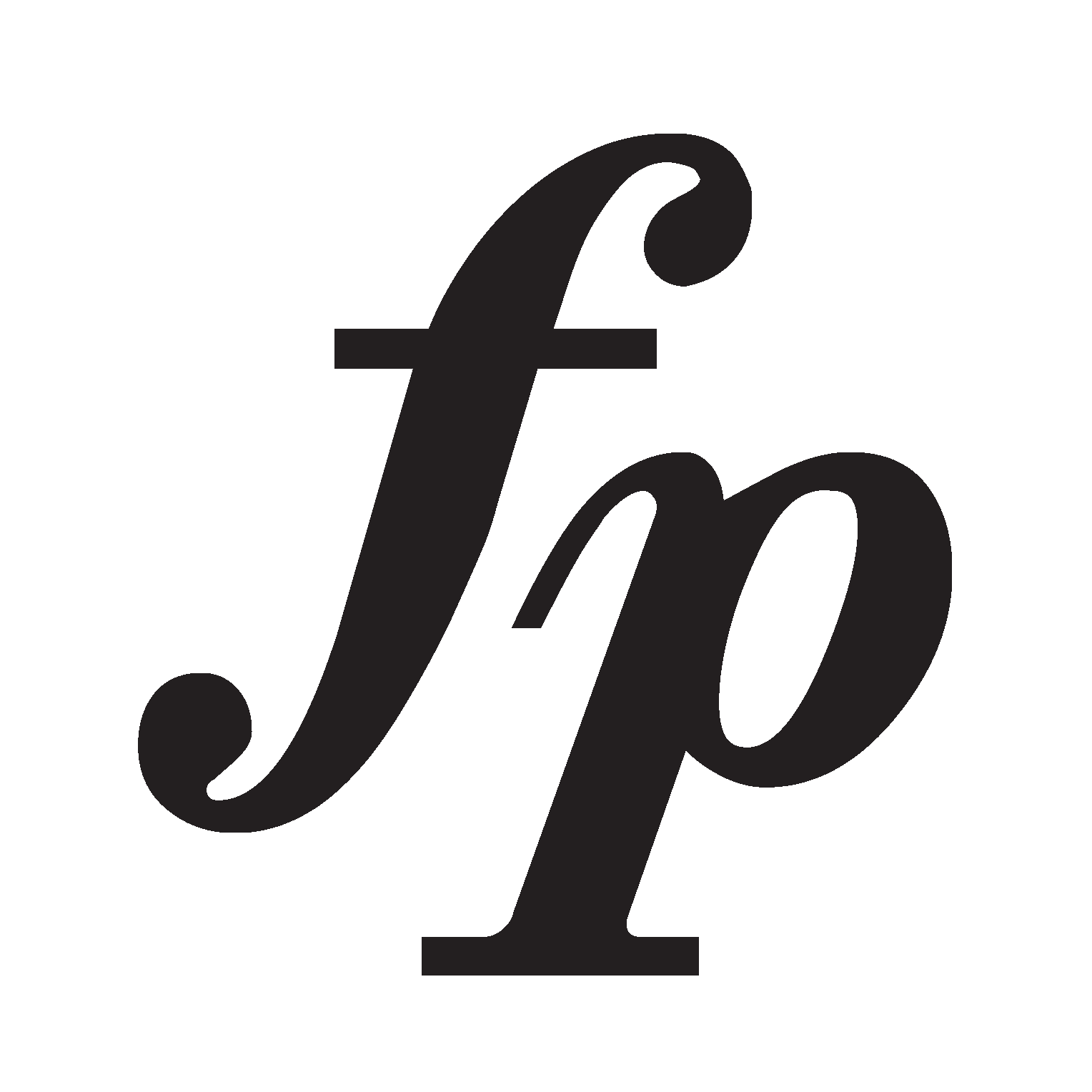
By Stella Joseph-Jarecki (Enquiries: stellamusicwriter.wordpress.com)
I had the chance to fire a few questions at Emilia Bertolini, a passionate soprano who is currently participating in numerous young artist programs, such as Opera Scholars Australia and Young Songmakers Australia. You can keep up to date with Emilia’s singing adventures on her Facebook page here, her Instagram here, and her official website here
On Tuesday 4th of February 2020, Emilia will perform a program of 17th and 18th Century music as part of her chamber group Ensemble Ancien. This concert will be presented as part of the Local Heroes series at the Melbourne Recital Centre. Find out more here
Tell us about your experience taking part in the opera camp program at Lyric Opera Studio Weimar, preparing the role of Susanna for a performance of Mozart’s Le Nozze di Figaro.
Where to start! I probably spent about five months working on the role among other projects. Susanna is one of the longest roles in the repertoire so it was quite an ambitious undertaking but I approached it methodically. I divided my score up with colourful tags separating the recits, arias, duets and larger ensembles. I did lots of non-singing practice, speaking through the recits and going through the Castel translations to make sure that I understood every bit of text, not just for my own character but for everyone else in the scene too. When I arrived in Weimar I was a bit apprehensive that I hadn’t sung through any of the ensembles with other singers, but it was so satisfying when I finally got to!
I had a wonderful time in Weimar. The singers were so friendly and talented, just a joy to work with! The schedule was very busy, we worked seven days a week usually from 10am until 10pm. And since Susanna is on stage for most of the opera, I was usually required in the rehearsal room. The program really confirmed that this is what I want to do with my life. I was constantly inspired and engaged, I truly enjoyed every second of it.

What do you love so much about Mozart’s operas?
Oh wow… so many things! I think it’s hard to go past the ensembles. Mozart’s ensemble writing is just magical, and when you get to sing with people who really pay attention to those subtle details and colours in the ensembles, there’s really nothing better.
What do you think are the essential qualities needed to be a successful and resilient singer?
Ahh, I’m not sure if I’m the right person to be answering that! I certainly don’t have the definitive answer but personally, I just try to be the best colleague that I can be. I think that if singers turn up to every rehearsal prepared, and are kind and helpful to everyone involved, that’s the most important thing. I also think it’s important to be really clear on your personal values surrounding why you sing. I sing because making music brings me endless joy and fulfillment. It’s really easy to get caught up in the negative aspects of this path so I always just bring myself back to my values and why I love singing.
How do you approach time management, as a singer who has to maintain vocal practise and stamina, but also work on foreign languages, acting, researching repertoire, etc?
This is a very individual thing, and I’m really aware of the fact that many singers don’t have the luxury of being able to dedicate a lot of time to some of those aspects due to work commitments or their financial situation. In my case, I really just enjoy practicing, learning, being in rehearsal and learning languages. As soon as things become chores I don’t want to do them, so I just try to remain constantly inspired and excited to be learning new things!
In terms of time management, I’m pretty addicted to my phone, I’m always making lists, spreadsheets, sending emails and making appointments in my calendar to make sure that I have very clear deadlines. I often feel like I’m juggling a lot of things so the more I write things down and set my deadlines, the better I feel.

How do you cope with the prospect of entering an over-saturated job field, in the sense that there are hundreds of sopranos out there auditioning for every role… how do you distinguish yourself and work out what makes your voice unique and what you can bring to roles?
This is the aspect of the career that I find most daunting, and I often wish that I was literally any other voice type! However, I try to come back to my personal values and the fact that I don’t care if it’s at the Metropolitan Opera or in my shower, I’m always going to sing and I will find opportunities to sing because there really isn’t anything else that I’d rather do!
Who are some of your favourite vocal composers and what would be a dream role for you in the future?
At the moment my favourite operatic composers would be Mozart, Handel and maybe Donizetti… but it really depends on the singer or the recording. I will never sing Wagner or big Puccini arias but I love listening to recordings of early twentieth century singers performing that repertoire. My current dream role would be Mélisande from Debussy’s Pélleas et Mélisande which is completely different!
I am obsessed with art song so it is hard to go past Schubert, Schumann, Debussy and Britten, to name a few. I’m also a bit of an early music nerd so Purcell, Rameau and Strozzi are also up there with my favourites. There is so much interesting repertoire out there and I just want to explore as much of it as I can.



A truly dedicated young musician/ singer.
LikeLike